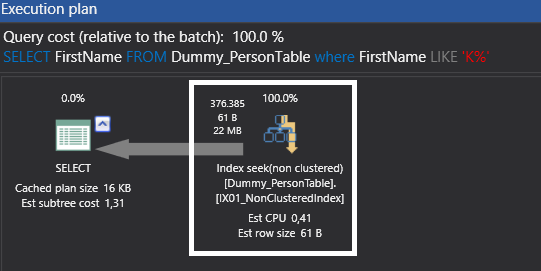gojets1721
Registered User.
- Local time
- Today, 02:01
- Joined
- Jun 11, 2019
- Messages
- 429
I have a DB of complaints dating back 10 years, and I have a query specifically meant to filter to complaints from only the last three calendar years (i.e. 2022, 2021, and 2020).
Right now, I do that by creating a year column using the complaint date and then placing the following into the criteria:
I'd like to see if there's a better criteria to be using, since I'll need to manually update these years at the beginning of each year. I've used Year([SalesDate]) = Year(Date()) - 1 before, for instance, to zero in on only last years entries, but I haven't found something for the past 3 years.
Any suggestions?
Right now, I do that by creating a year column using the complaint date and then placing the following into the criteria:
Code:
In("2022","2021","2020")I'd like to see if there's a better criteria to be using, since I'll need to manually update these years at the beginning of each year. I've used Year([SalesDate]) = Year(Date()) - 1 before, for instance, to zero in on only last years entries, but I haven't found something for the past 3 years.
Any suggestions?

